WORLDWIDE: HEADLINES
Japan’s June Factory Activity Growth Eases On China Curbs – Flash PMI
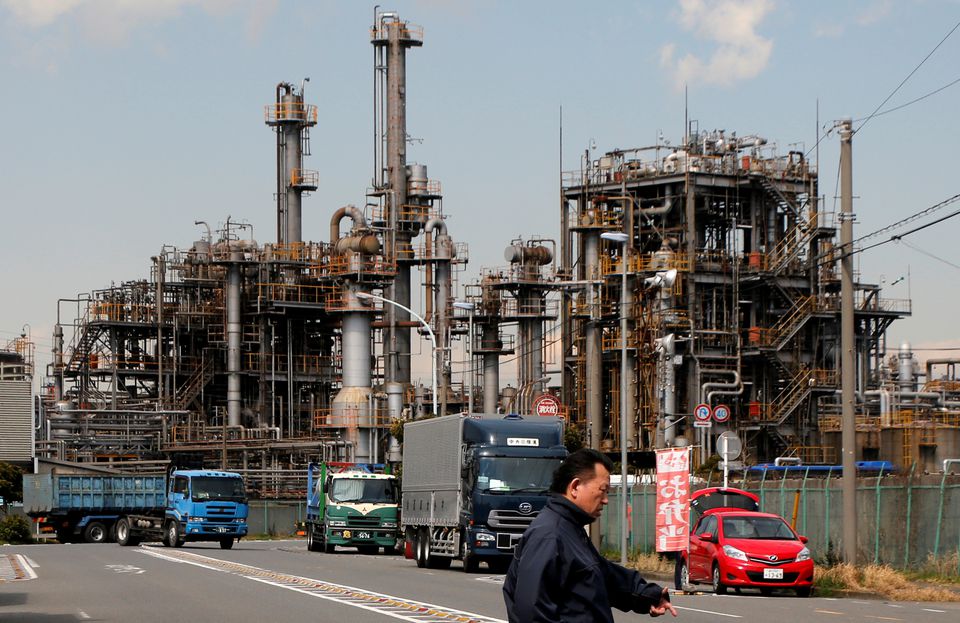
Japan’s factory activity growth slowed in June as China’s strict COVID-19 curbs took a toll on manufacturing demand, even as service sector sentiment hit a nearly nine-year high on the fading pandemic drag.
China’s COVID-19 lockdowns have disrupted supply chains, heavily impacting trade-reliant economies such as Japan.
The au Jibun Bank flash Japan Manufacturing purchasing managers’ index (PMI) slipped to a seasonally adjusted 52.7 in June from a final 53.3 in May, marking the slowest expansion since February when it also was 52.7.
In April and May, the manufacturing PMI also grew at a slower rate than in the prior month.
Overall new orders shrank for the first time in nine months due to the deepening pressure on already disrupted supply chains, while output grew at its slowest rate in three months, the survey showed.
New business in the services-sector rose for a second straight month as a pickup in tourism helped strengthen overall private-sector conditions.
Full coverage: REUTERS
S.Korean Won Breaches 1,300-Mark For First Time In 13 Years
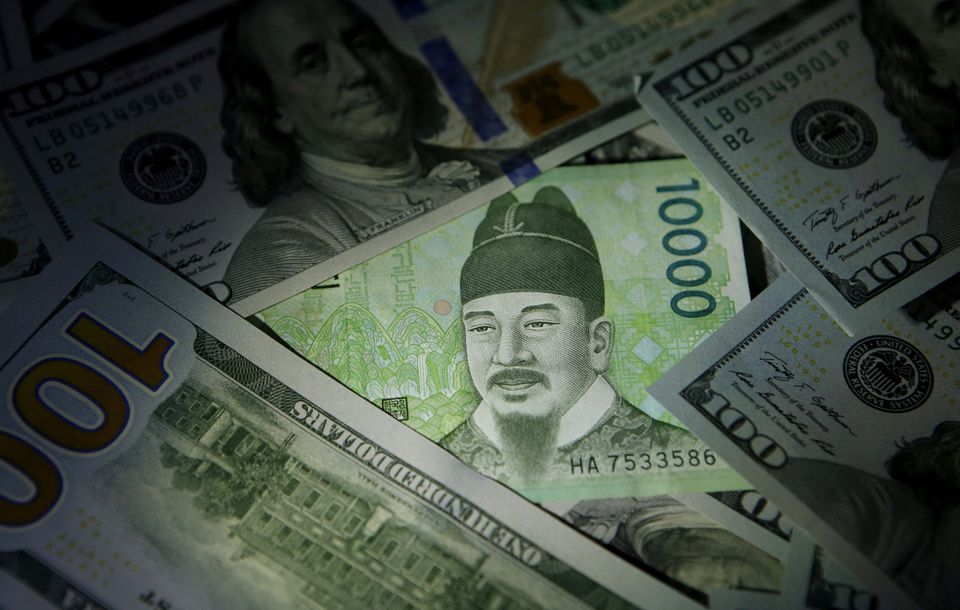
South Korea’s won fell below the psychological threshold of 1,300 per U.S. dollar for the first time in 13 years, amid global economic recession worries and the dollar’s strength, but traders said market sentiment was relatively calm.
The won weakened as much as 0.42% in onshore spot trade on Thursday to touch the lowest since July 14, 2009, at 1,302.8 per dollar.
The 1,300-mark, a level seen during the 2008-2009 global financial crisis and 1997-1998 Asian financial crisis, has been considered for years as a sign of major economic risks.
However, domestic foreign exchange dealers said it was different this time, as changing supply-demand landscapes in recent years, such as increasing overseas investment, should also be a factor influencing the price in addition to the dollar’s strength at two-decade highs.
The won has weakened more than 8% this year, following an 8.6% drop in 2021 that was the fastest annual fall since 2008.
Last year, South Korea’s National Pension Service increased its holdings of overseas stocks and bonds by 82.9 trillion won ($63.85 billion), or 35%, in line with its long-term plan to boost overseas investment for the fund’s profitability and sustainability.
Full coverage: REUTERS
WORLDWIDE: HEADLINES
Asia Shares Struggle, Oil Falls As Recession Fears Linger
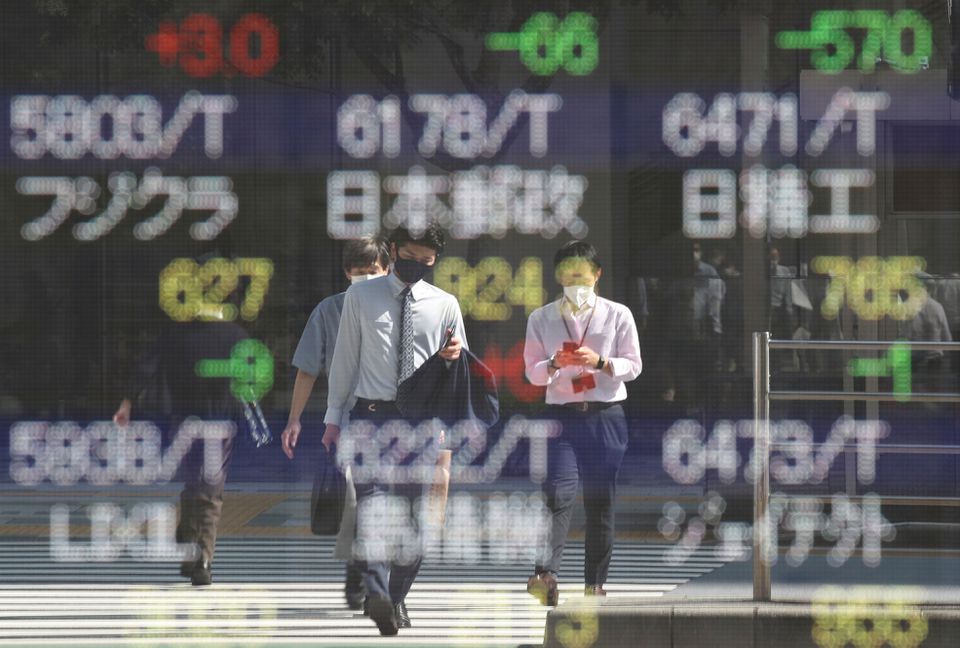
Asian shares wobbled while commodity prices fell on Thursday as mounting worries about the risks of a global recession amid aggressive rate hikes by the Federal Reserve kept broad investor sentiment fragile.
MSCI’s broadest index of Asia-Pacific shares outside Japan (.MIAPJ0000PUS)reversed earlier gains to be mostly flat in Asia trade. Stocks in South Korea were off, while Japan’s Nikkei (.N225) was broadly unchanged.
Hong Kong’s Hang Seng Index (.HSI) climbed 0.6%, following the news that Chinese President Xi Jinping chaired a top-level meeting on Wednesday that approved a plan for the healthy development of China’s large payment firms and fintech sector.
Overnight, the dollar fell alongside U.S. Treasury yields after Fed Chair Jerome Powell, in testimony to the U.S. Senate Banking Committee, acknowledged a recession was “certainly a possibility”, but the Fed is not trying to engineer one.
A Reuters poll showed the Fed will deliver another 75-basis-point interest rate hike in July, followed by a half-percentage-point rise in September, and won’t scale back to quarter-percentage-point moves until November at the earliest.
“What is clear is the market views a recession as increasingly likely, a view heard from Powell, who detailed that a recession was a possibility but not their intention,” said Chris Weston, head of research at brokerage Pepperstone in Melbourne.
Full coverage: REUTERS
Dollar Languishes Amid Lower U.S. Yields As Recession Fears Mount
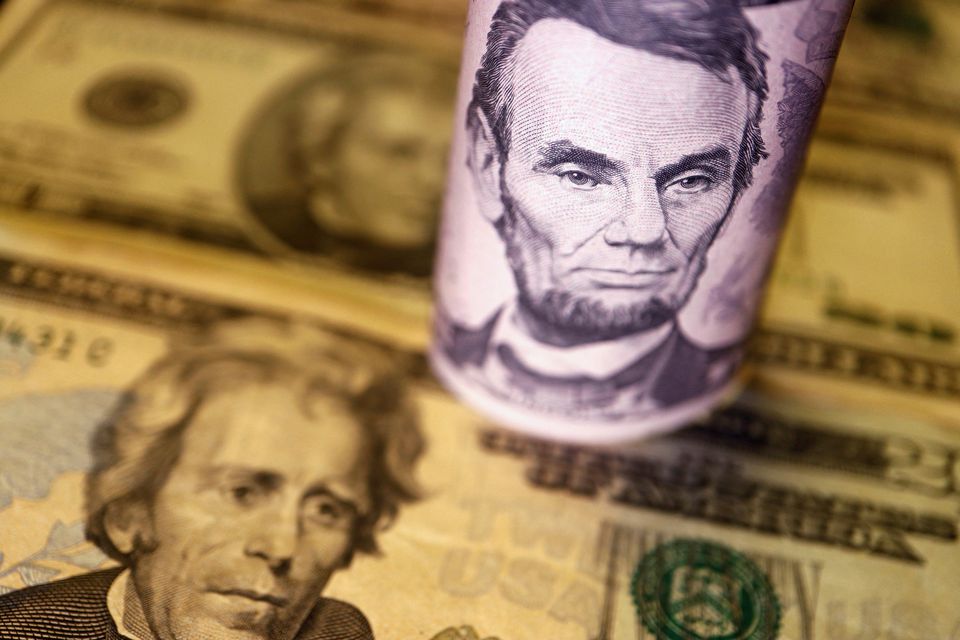
The U.S. dollar remained under pressure on Thursday as it looked set to extend declines against major peers to a fourth day, hurt by Treasury yields wallowing near two-week lows amid rising concerns of a recession.
The dollar index , which measures the currency against six key rivals, slipped 0.1% to 104.12, bringing its decline since Friday to 0.46%. It has fallen 1.56% from the two-decade peak of 105.79 reached on June 15, when the Federal Reserve raised rates by 75 basis points – the biggest hike since 1994.
Markets have become increasingly concerned that the Fed’s commitment to quelling red-hot inflation will spur a recession. Those worries sent the 10-year Treasury yields sliding to an almost two-week low.
Overnight, Fed Chair Jerome Powell said in testimony to Congress that the central bank is fully committed to bringing prices under control even if doing so risks an economic downturn. He said a recession was “certainly a possibility,” reflecting fears in financial markets that the Fed’s tightening pace will throttle growth.
Economists polled by Reuters expect another 75-basis-point hike for July, followed by a 50-basis-point rise for September.
“Powell’s semi-annual testimony has taken some steam out of the USD, his comments regarding elevated recession risk evidently weighing more than his unconditional commitment to restore price stability,” Westpac strategists wrote in a client note.
Full coverage: REUTERS
Oil Extends Losses As Recession Fears Mount
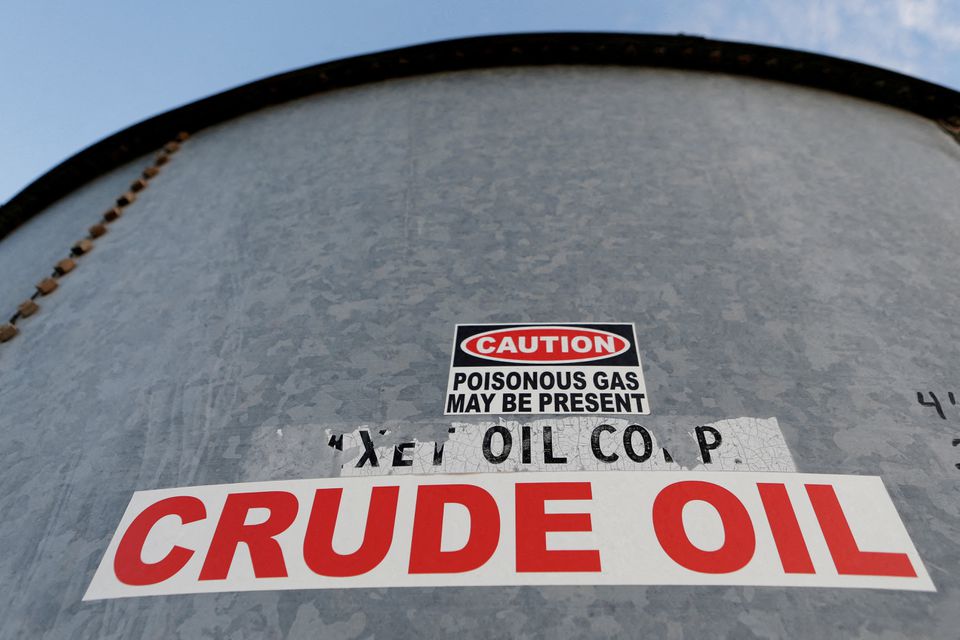
Oil prices fell 2% in early trade on Thursday, extending losses from the previous day, as investors worried that aggressive U.S. interest rate hikes could trigger a recession and dent fuel demand.
U.S. West Texas Intermediate (WTI) crude futures fell $2.39, or 2.3%, to $103.80 a barrel by 0031 GMT. Brent crude futures dropped $2.24, or 2.0%, to $109.50 a barrel.
Both benchmarks tumbled around 3% on Wednesday to hit their lowest levels since mid-May.
Investors are continuing to assess how worried they need to be about central banks potentially pushing the world economy into recession as they attempt to curb inflation with interest rate increases.
“Oil markets remained under pressure as investors were concerned that U.S. rate hikes would stall an economic recovery and dampen fuel demand,” said Kazuhiko Saito, chief analyst at Fujitomi Securities Co Ltd.
Full coverage: REUTERS